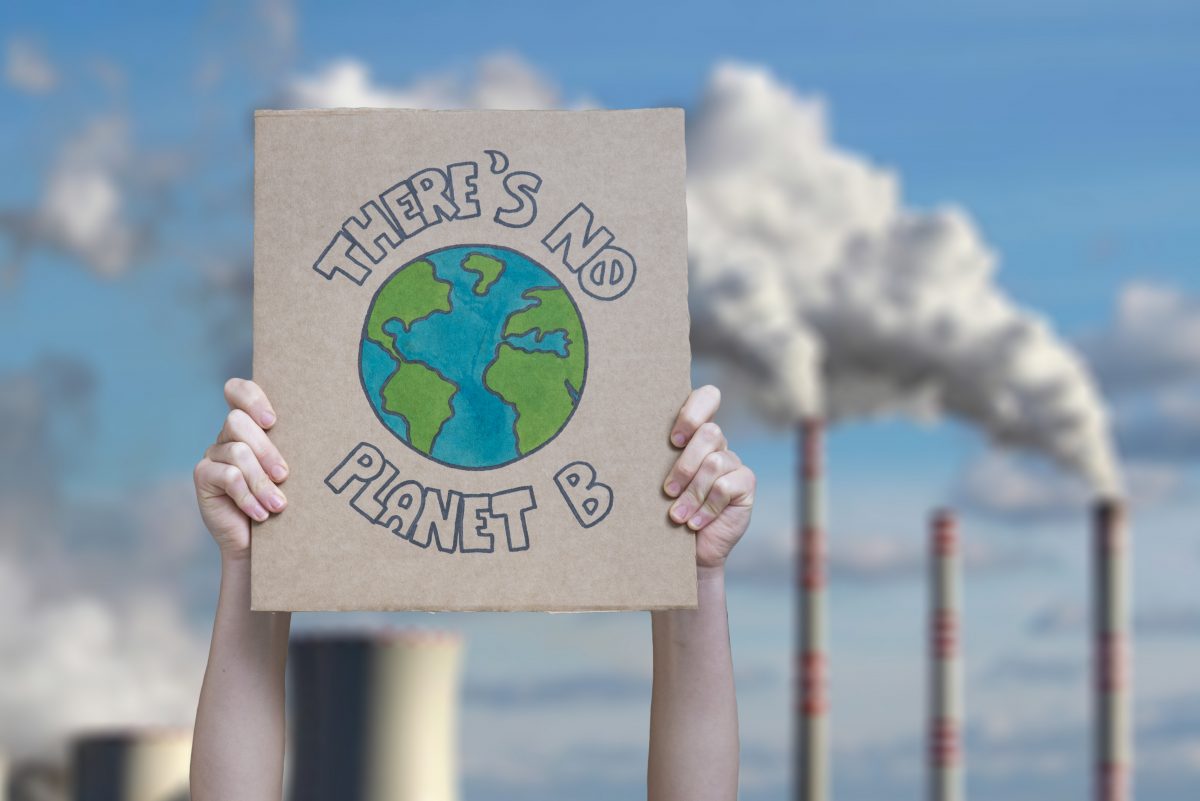
Just One More Fundraising Task....
12.30.2024 | Linda J. Rosenthal, JD

In Philanthropy Thought Leaders: Hot Topics (June 24, 2019), we explained how our online feeds each day bring us a continual flow of “tantalizing information; … “intriguing articles and writings with a “philosophical ‘big-ideas’ tone.” That June post highlighted a few of them discussing the nature and future of philanthropy itself. In More Thoughts from Philanthropy Thinkers (July 23, 2019), we included selected commentary on the issue of tainted donations.
It was just a few months before the existential catastrophe of the Amazon wildfires that Ms. McCambridge alerted readers to a provocative article by Darien Alexander Williams, an urban-planning doctoral student at M.I.T. In The Folly of Climate Change Philanthropy, Mr. Williams calls into question society’s apparent dependence on philanthropy “to address an issue as critical and pervasive as the climate crisis.” He characterizes it as “folly.”
He points, as a stark example of this folly, to the abrupt cancellation just weeks earlier by the Rockefeller Foundation of its massive, climate-change initiative, 100 Resilient Cities. That popular program began in 2013. “The cities that received funds from the Rockefeller Foundation initiative,” Mr. Williams explains, “represented more than 20 percent of the world’s urban population .” But “…[t]he foundation gave little warning or explanation, leaving planners, policymakers, and community organizers to question its rationale.”
For city planners like him, “it raised serious questions about the wisdom of relying on charitable organizations to fund resilience work — particularly those that were chiefly responsible for the problems to begin with.” (The Rockefeller fortune, of course, was made from the fossil-fuel industry.)
He levels criticism against Rockefeller and other foundations or corporate philanthropies as having “overtones of walking a fine line between charity and public relations.” There is also, he adds, the “question of who gets help.” Climate change will wreak havoc on the planet generally but perhaps most heavily – and soon – on the world’s poorest and least powerful communities.
Mr. Williams is not yet ready to tell society to “jettison the charitable model entirely,” but concludes that “we can improve it.” It will “require a cultural and perspective shift,” though. At the least, he writes, “we must stop patting companies on the back for giving pennies when, at the same time, they make massive profits from activities that contribute to the problem.”
Ruth McCambridge explains that The Nonprofit Quarterly “agrees with this,” while pointing out that “the philanthropies associated with the Rockefeller name [and with other benefactors] have had varying levels of commitment to climate issues.” She cautions that society perhaps should not “eschew all climate philanthropy related to descendants of oil barons, but pick our poisons carefully for their capacity to do what they promise.”
Ms. Allen, writing for The Nonprofit Quarterly as well, comments on an article by Ben Paynter published by Fast Company a week earlier titled “As climate change makes disasters worse, philanthropy needs to think long term. There, Mr. Paynter refers to findings of a study, “US Household Disaster Giving in 2017 and 2018,” conducted by the Center for Disaster Philanthropy at Indiana University. That research analyzes “the current picture of philanthropy associated with natural disasters.”
The key takeaway is that the dramatic rise in the number and strength of hurricanes, tornadoes, and other severe weather events exacerbates the already inherent challenges of meeting sudden and devastating humanitarian crises. The study asks difficult questions including – notably – whether disaster giving “impacts other giving.” Will climate change devour all other philanthropy?
This article is part of a group of stories called “The Goods” by Vox. Published at the time when the Amazon wildfires were making worldwide headlines, the author explains: “We want to believe that our money can stop climate change, but the reality is more complicated.”
This disaster is, of course, part of the larger problem of climate change. Not only are individual disaster events becoming so large (and coming so frequently) that they may be way beyond the capability of philanthropy to address them, but the global crisis as a whole presents the existential question of whether we can throw any amount of money at it successfully.
In addition to this overriding issue is that “the internet falls into a familiar cycle almost every time a major global crisis or natural disaster occurs: Hashtags are devised, petitions are started on Change.org, and online fundraising campaigns flood social media feeds.” There are questions, though, surrounding these impromptu, feel-good, fundraisers. First, “there’s a broad assumption perpetuated by social media hashtags like #SaveTheAmazon and #ActForTheAmazon that donations will relieve climate change or curb the fires’ impact.” But is the crisis so big that these individual donations will be mere drops in the bucket? Is a crisis like the Amazon burning down – or climate change, generally – just too big to solve?
Second, while “donors generally trust that the organizations they’re giving to will use their money to ethically further the cause,” that may not be the case, according to Stanford University professor Rob Reich. Studies show that some, if not a large part, of the money generated in climate disasters are typically used for longer-term projects, or for support for indigenous communities more generally.
